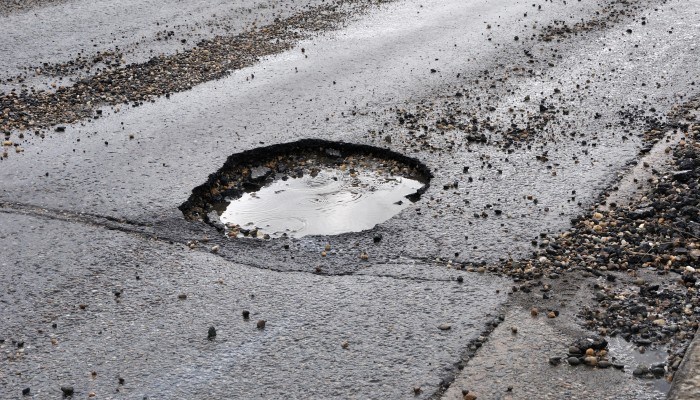
Damage to vehicles caused by pot-holes and broken drains could be a thing of the past if Jaguar Land Rover's new pothole detection system is successful.
Coventry-based JLR – owned by Tata of India – has been working on a system that scans the road ahead and alerts the driver to any oncoming potholes or other street hazards.
The development of the technology is another step on the way to a fully autonomous vehicle.
An additional benefit of the system is its ability to transmit information about potholes to other road users. The system could also pass that information on to local authorities so they can prioritise pothole repairs.
While the existence of potholes can cause serious and expensive damage to cars, they can also increase the likelihood of accidents, as drivers suddenly change course to avoid them.
Dr Mike Bell, connected car director at JLR, said: “At the moment the most accurate data comes from when the car has driven over the pothole or manhole, so we are also researching how we could improve the measurement and accuracy of pothole detection by scanning the road ahead. That way, the car could predict how severe they are before the vehicle gets near them.
“Ultimately, sensing the road ahead and assessing hazards is a key building block on our journey to the autonomous car.”
Local authorities have expressed interest in how JLR's new system could help them fix potholes more quickly and improve maintenance programmes.
JLR is unlikely to have any funding issues when it comes to research and development such as this, after posting a record £2.6bn profit for the year to March.





